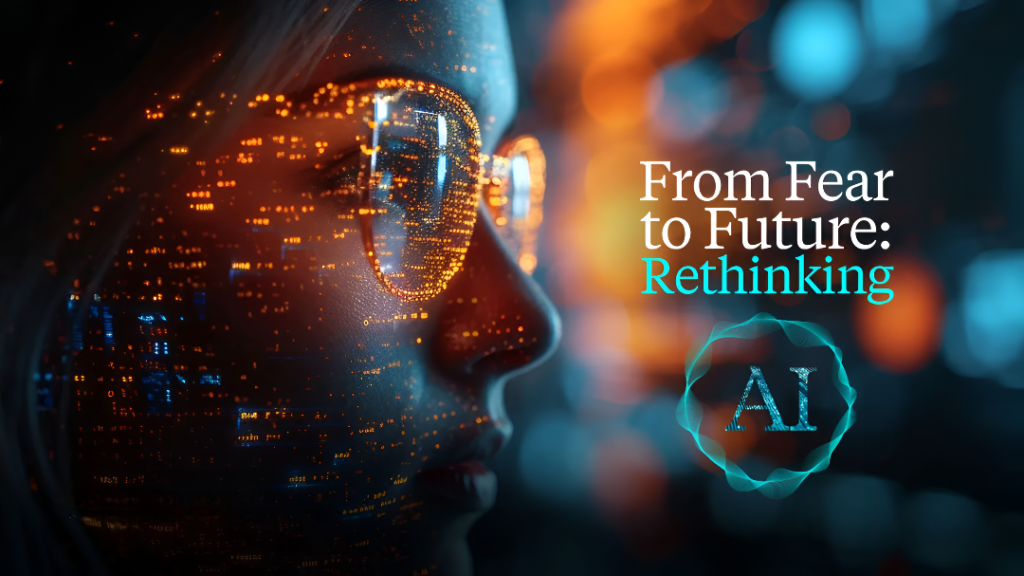As artificial intelligence (AI) continues to revolutionize industries, HR professionals find themselves at a unique crossroads—where technology intersects with talent strategy. AI is not just a tool for automation; it’s fundamentally altering how roles are defined, valued, and executed within organizations. This shift demands that HR leaders rethink traditional job descriptions and workforce structures to align with an AI-augmented future.
The Changing Nature of Work
AI is transforming both repetitive tasks and complex problem-solving roles. With intelligent systems now capable of analyzing data, generating content, and even making decisions, the definition of what a “human role” should be is evolving. Instead of replacing humans, AI often enhances their abilities—freeing them to focus on creativity, empathy, and strategy.
Key areas affected include:
- Automation of Routine Tasks: Jobs once reliant on repetitive duties are now being streamlined by AI-powered tools, from payroll processing to data entry.
- Collaboration with AI Systems: New hybrid roles are emerging, where humans co-pilot AI systems to drive efficiency, insight, and innovation.
- Greater Emphasis on Soft Skills: Skills such as emotional intelligence, critical thinking, and adaptability are becoming central to modern job roles.
Rethinking Job Descriptions
Traditional job descriptions often list fixed duties and qualifications. But in an AI-integrated workplace, flexibility becomes a key asset. HR leaders are moving toward dynamic job models that emphasize capabilities over rigid responsibilities.
Here’s how AI is influencing job frameworks:
- Skill-Based Role Design: Roles are increasingly being crafted around core capabilities and outcomes, rather than specific tasks.
- Cross-Functional Expectations: Employees are expected to collaborate across departments, leveraging AI tools that connect functions like marketing, sales, and operations.
- Continuous Learning: Upskilling and reskilling are essential. Organizations must foster learning cultures where employees evolve alongside technological advancements.
The Rise of AI-Centric Talent Strategies
Forward-thinking HR teams are adopting AI not only in role definitions but also in the way they manage talent. AI-driven HR platforms can help in assessing skill gaps, forecasting workforce needs, and even identifying leadership potential.
Strategic implications include:
- Redefining Career Paths: Instead of linear promotions, career growth now includes lateral moves and interdisciplinary development supported by AI-driven learning platforms.
- Talent Analytics: AI tools can provide data-driven insights into employee performance, engagement, and fit for emerging roles.
- Recruitment Transformation: From screening resumes to conducting behavioral assessments, AI is enhancing recruitment by identifying talent that aligns with future needs.
Preparing Talent for the AI Era
It’s not just about integrating AI; it’s about preparing people to thrive with it. HR must act as a change agent—guiding both leaders and employees through the mindset shift that AI adoption requires.
Steps for effective talent alignment:
- Communicate Clearly: Demystify AI by explaining its role and impact on jobs within the organization.
- Invest in Training: Offer personalized learning paths to help employees acquire new technical and soft skills.
- Promote Agility: Encourage a culture of adaptability where employees are open to evolving roles and responsibilities.
Conclusion
AI is not the end of human roles—it’s a reinvention of them. As machines take over the mundane, the uniquely human aspects of work become even more valuable. For HR leaders, this is an opportunity to redesign roles, develop future-ready talent, and shape a more agile, AI-empowered workforce. By rethinking job definitions and talent strategies, organizations can turn the age of AI into an age of human potential.

